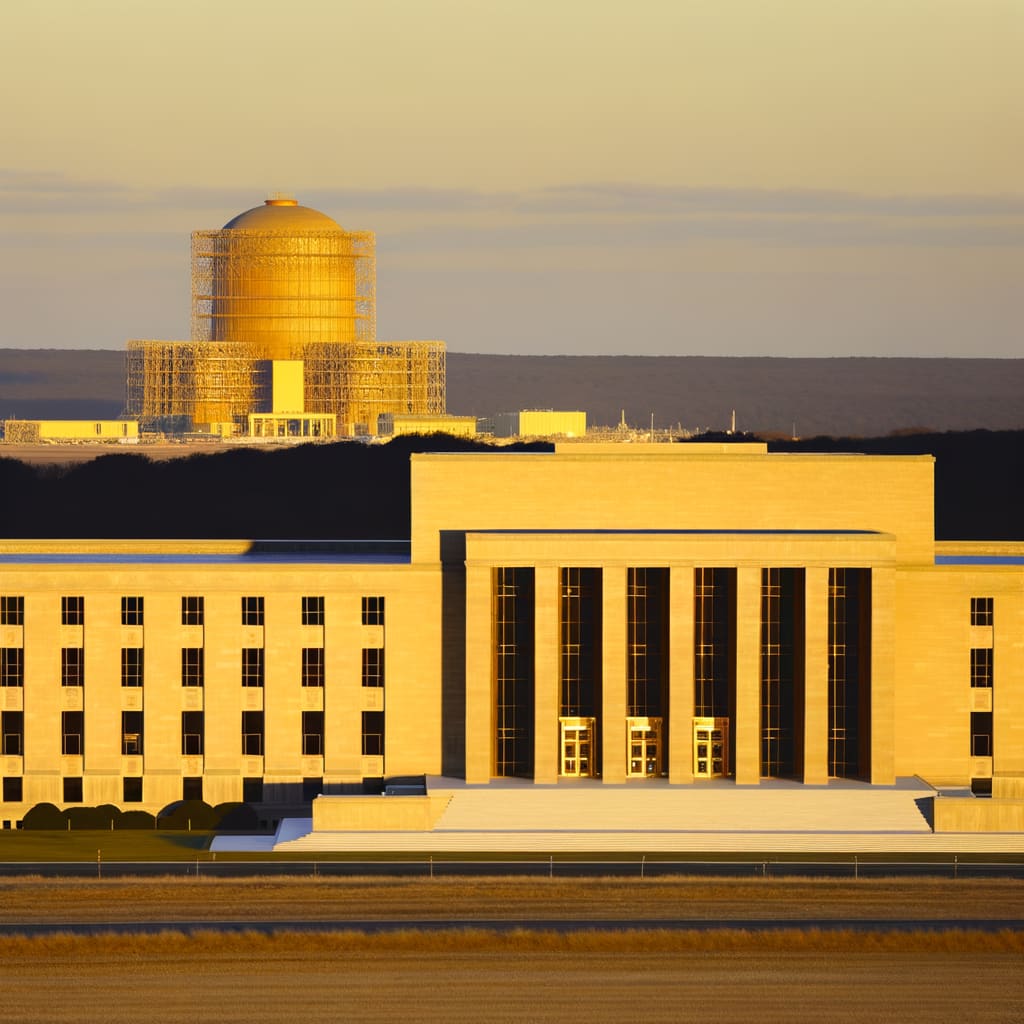Trump Grants Hungary One-Year Exemption from Russian Energy Sanctions
US President Donald Trump has granted Hungary a one-year exemption from US sanctions on Russian oil and gas, a move that could have significant implications for the region's energy security. The decision came following a meeting with Hungarian Prime Minister Viktor Orban at the White House, during which the two leaders discussed Hungary's reliance on Russian energy sources and the potential for further cooperation with the US.
Background and Context
Hungary has long sought an exemption from US sanctions against oil and gas purchases from Russia, citing its lack of sea ports and difficulty sourcing energy from other areas. The US has traditionally applied pressure on its allies to sever economic ties with Russia, but has granted Hungary this temporary reprieve to avoid energy supply disruptions.
The Hungarian government has placed great importance on the construction of the Paks-2 Nuclear Power Plant (NPP), a project involving American tech giant IBM and Russian state corporation Rosatom. The US and the European Union have previously exempted this project from sanctions, and Hungary hopes this arrangement will continue.
Key Developments
Hungarian Prime Minister Viktor Orban announced the exemption after his meeting with Trump, stating that the agreement guarantees uninterrupted and affordable energy supplies for his country. This move is expected to support Hungary's policy of utility cost reduction, with Orban noting, Hungary will continue to have the lowest energy prices in Europe.
The exemption will also allow Hungary to continue importing Russian oil delivered through the Turkish Stream and the Druzhba (Friendship) Pipeline. At the same time, Hungary plans to supplement Russian fuel coming into the Paks NPP with American technology and construction of small modular reactors.
Implications and Reactions
The decision to grant Hungary an exemption has been met with mixed reactions. Critics argue that it undermines efforts to isolate Russia economically due to its actions in Ukraine. However, supporters contend that it addresses Hungary's unique geographical constraints and energy requirements.
Trump's decision could be interpreted as a sign of his administration's willingness to negotiate on sanctions, particularly with countries that demonstrate a clear dependence on Russian energy. This could potentially open the door for other similar requests in the future.
Conclusion
The one-year exemption from US sanctions for using Russian oil and gas allows Hungary to maintain its current energy supplies and continue with its planned construction of the Paks-2 NPP. While this move has sparked debate, it underscores the complex geopolitical considerations at play in international energy markets. As the exemption takes effect, all eyes will be on the impact it has on Hungary's energy landscape, as well as its implications for US-Russia relations.

